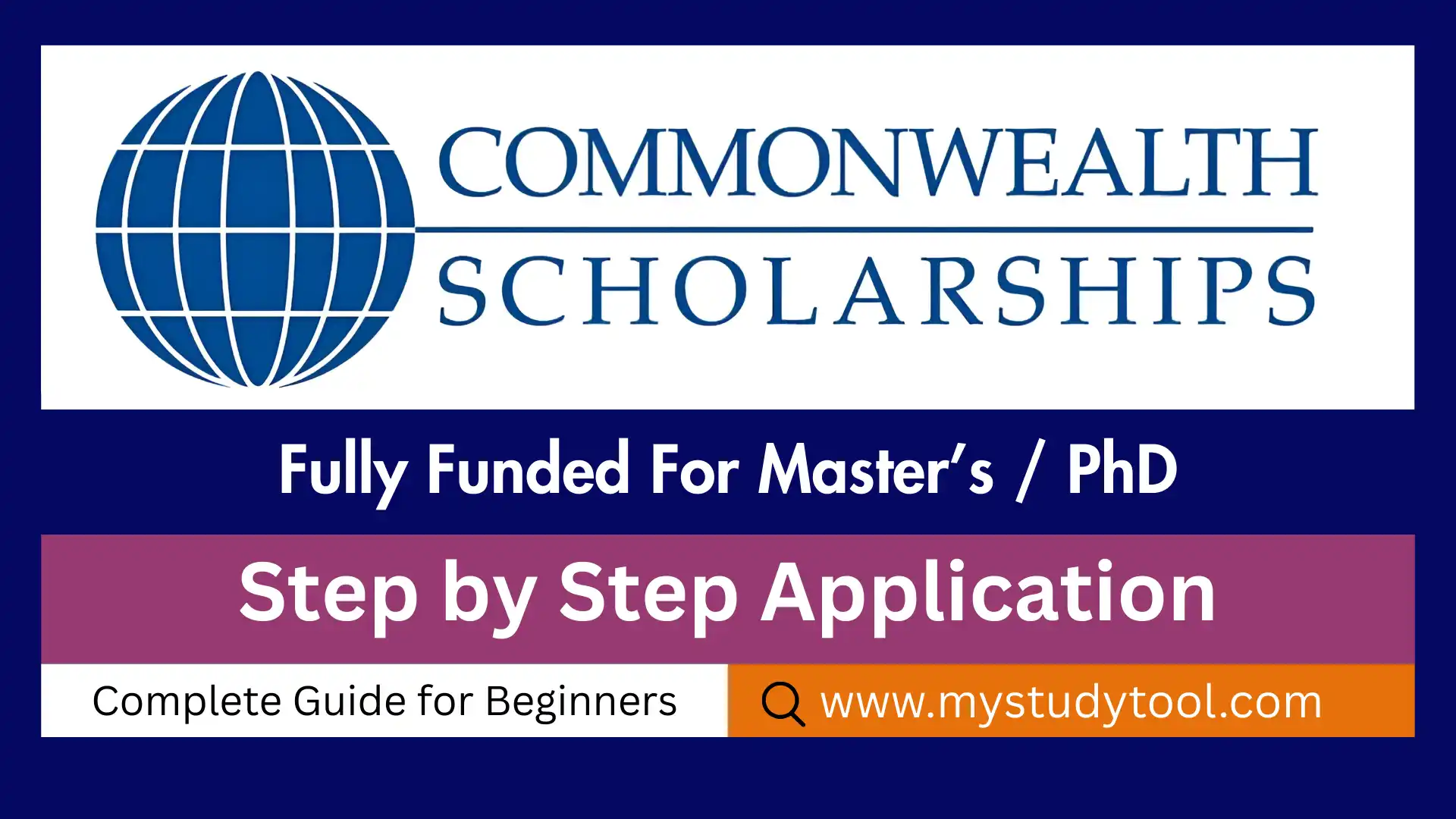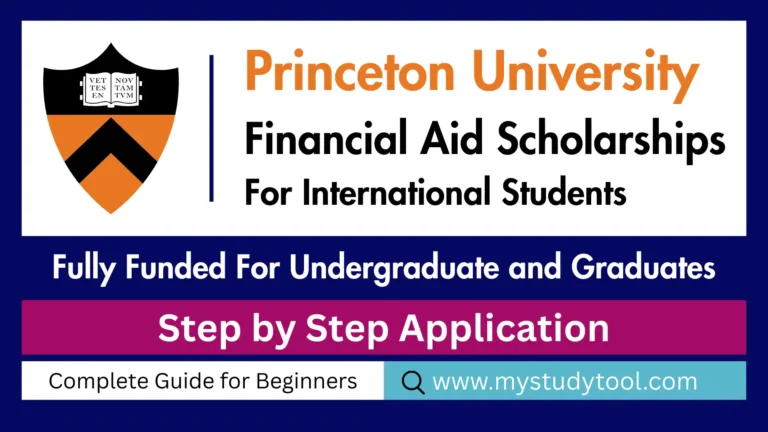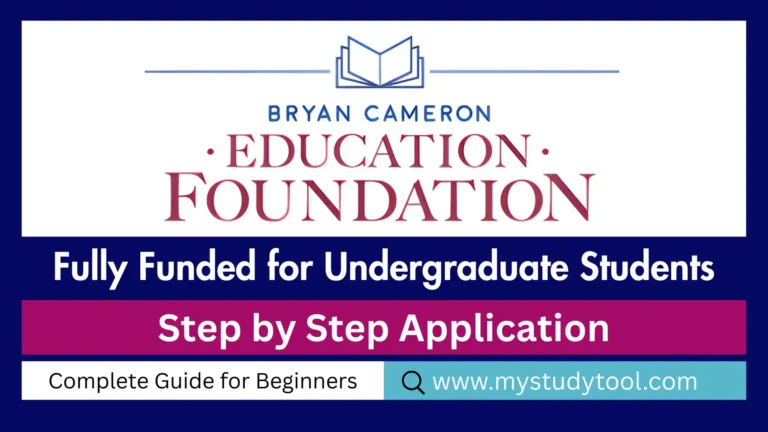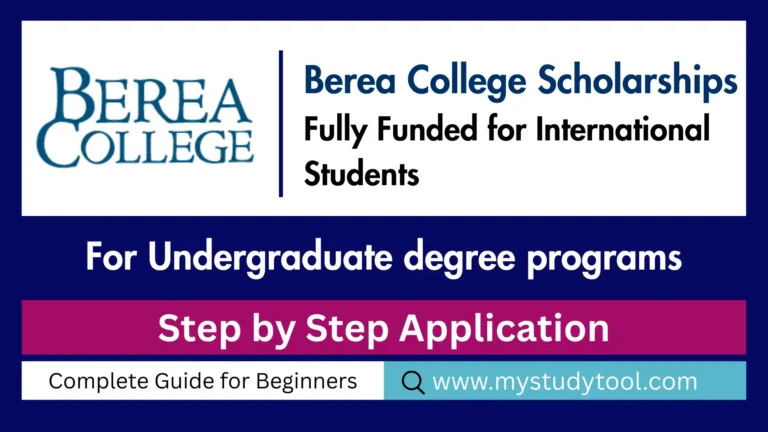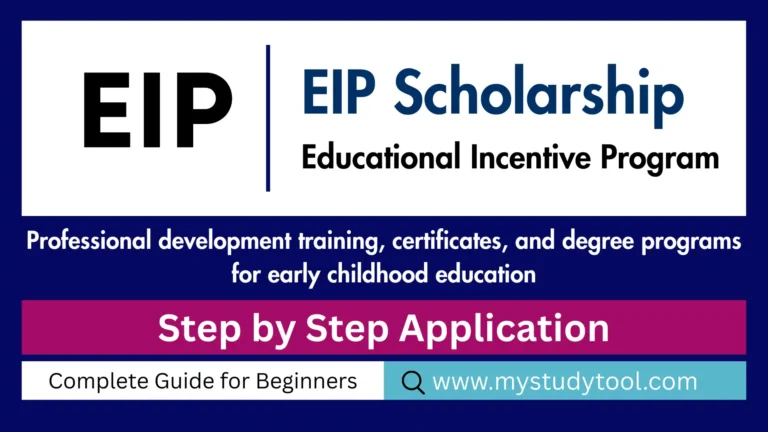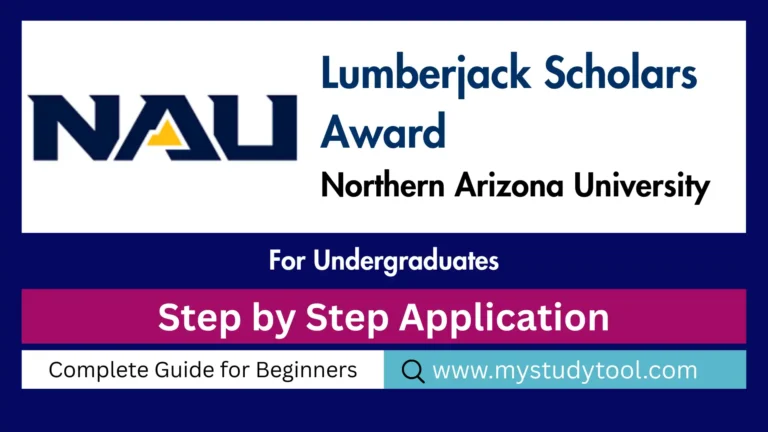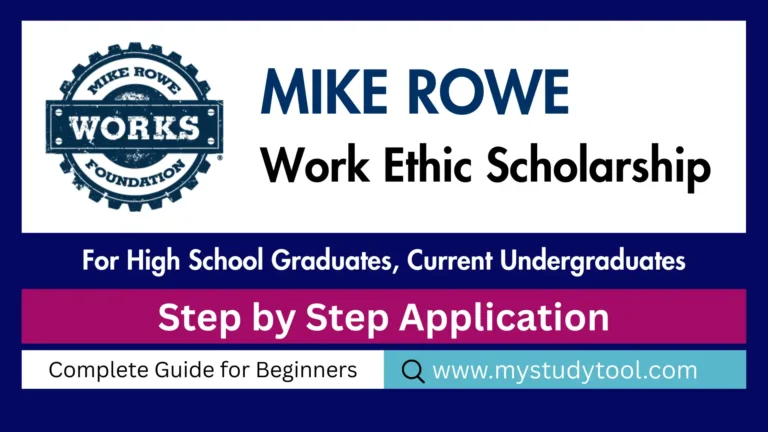So, you’re thinking about studying in the UK but are worried about the costs? Here’s the thing – Commonwealth Scholarships might just be your golden ticket. I’ve been helping students secure funding for years now, and honestly, these Commonwealth Scholarships are some of the most comprehensive opportunities out there.
The Commonwealth Scholarship Commission offers around 800 awards for postgraduate study and professional development each year. That’s not a small number, but let me tell you – the competition for Commonwealth Scholarships is fierce. What I’ve noticed is that successful Commonwealth Scholarships applicants don’t just meet the requirements; they understand exactly what makes these scholarships tick.
Actually, let me clarify something that confuses a lot of people. When we talk about “Commonwealth Scholarships,” we’re really talking about multiple programs under one umbrella. There are the Commonwealth Master’s Scholarships, Commonwealth Shared Scholarships, and Queen Elizabeth Commonwealth Scholarships – each with slightly different focuses and requirements.
Also read: Gates Cambridge Scholarship for Master’s (Fully Funded)
Scholarship Overview
Here’s what you need to know upfront:
- Academic Level: Master’s and PhD degree programs (both options available)
- Host Institution: 280+ UK universities approved by the Commonwealth Scholarship Commission
- Country: United Kingdom exclusively
- Target Students: Citizens from eligible Commonwealth countries with a development focus
- Duration: 12 months for Master’s programs, 36 months for PhD programs
- Application Method: Through National Nominating Agencies or selected NGOs (not direct applications)
- Funding Source: UK Foreign, Commonwealth & Development Office (FCDO)
- Focus Areas: Six CSC development themes aligned with Commonwealth development priorities
- Award Numbers: Approximately 800 scholarships and fellowships are awarded annually across all programs
- Program Types: Master’s, PhD, Shared, Distance Learning, and Professional Fellowship options
Also read: Fulbright Scholarships 2026 | Fully Funded for International Students
Commonwealth Scholarships Coverage
The financial support for Commonwealth Scholarships is honestly impressive – and I don’t say that lightly about scholarship programs. Most Commonwealth Scholarships are fully funded, which means that as well as covering your tuition fees, you will also receive your airfare to and from the UK and a living allowance to support you while you are here.
For Master’s Degree Recipients:
- Full tuition fees: Scholars are not liable to pay for any part of the tuition fee
- Monthly living stipend: £1,378 per month, or £1,690 per month for those at universities in the London metropolitan area
- Return airfare: Approved economy class flights from home country to the UK and back
- Warm clothing allowance: Where applicable, paid by participating universities
- Study travel grant: For academic conferences and field work within the UK
- Child allowance: £590 per month for the first child, £146 for the second and third child (for single parents only)
For PhD Degree Recipients:
- Full tuition fees: Complete coverage with no liability to scholars
- Monthly living stipend: £1,378 per month, or £1,690 per month for the London metropolitan area
- Return airfare: Economy class flights to the UK and return home
- Fieldwork support: One economy return flight to the fieldwork location when approved
- Mid-term home visit: Paid return airfare to home country (with conditions)
- Family allowances:
- Spouse allowance: £290 per month (maximum 9 months)
- Child allowance: £290 per month for the first child, £143 for the second and third
- Disability support: Full assessment and additional financial support available
- Study travel grant: For academic conferences and research travel
What I love about Commonwealth Scholarships funding is that it’s genuinely comprehensive. You won’t find yourself scrambling for rent money or skipping meals – the stipend is calculated to cover reasonable living costs.
Also read: Chevening Scholarships 2025 | Fully Funded for Master’s
Eligibility Criteria for Commonwealth Scholarships
Now, here’s where Commonwealth Scholarships get specific, and honestly, this is where I see most applications fail – not because people aren’t qualified, but because they don’t understand the nuances of Commonwealth Scholarships requirements.
For Master’s Degree Applicants:
- Citizenship requirement: Be a citizen of or have been granted refugee status by an eligible Commonwealth country, or be a British Protected Person
- Residence requirement: Be permanently resident in an eligible Commonwealth country
- Academic qualification: First degree of at least upper second class (2:1) honors standard, or lower second class with a relevant postgraduate qualification
- Availability: Be available to start academic studies by September 2025
- Financial need: Unable to afford a UK study without scholarship support
- Supporting documentation: Must provide all required documents in the specified format
- Second Master’s restriction: CSC normally doesn’t fund second Master’s degrees (justification required if applying)
- No age limit: There is no age limit for CSC applications
For PhD Degree Applicants:
- Citizenship requirement: Be a citizen of or have been granted refugee status by an eligible Commonwealth country, or be a British Protected Person
- Residence requirement: Be permanently resident in an eligible Commonwealth country
- Academic qualification: First degree of at least upper second class (2:1) honors standard, or lower second class with a relevant postgraduate qualification
- Availability: Be available to start academic studies by September 2025
- Registration restriction: Must not be registered for a PhD or MPhil leading to a PhD at a UK university or home country before September 2025
- Financial need: Unable to afford a UK study without scholarship support
- Supporting documentation: Must provide all required documents in the specified format
One thing that trips people up – you can’t already be studying in a developed country when you apply. The whole point is bringing talent from developing Commonwealth nations to the UK, then back home again.
Also read: Yale University Scholarships 2026 (Fully Funded) for International Students.
Required Documents for Commonwealth Scholarships
Getting your Commonwealth Scholarships documents right is crucial – and I mean really crucial. I’ve seen brilliant candidates rejected because of incomplete paperwork for Commonwealth Scholarships.
Essential Documents for All Applicants:
- Passport copy: Valid passport or national ID showing photograph, date of birth, and country of citizenship
- Academic transcripts: Full transcripts from all higher education institutions with certified English translations
- Degree certificates: Certified copies of all university qualifications
- Reference letters: Minimum two references in PDF format, signed and on institutional letterhead
- Development Impact statement: A Comprehensive four-part statement addressing development relevance
- Personal statement: Background summary highlighting contributions and leadership experience
- Employment history: Complete record with explanations of career progression and relevance
- Publications list: Up to 10 relevant publications, prizes, or achievements
- Study plan: Detailed outline of intended program and objectives
- Career plans: 5-year and long-term career objectives
Additional for PhD Applicants:
- Supervisor statement: Supporting statement from proposed UK supervisor on institutional letterhead
- Research proposal: Detailed research outline with development impact focus
Actually, let me give you a tip about references – don’t just ask your favorite professors. Choose referees who can speak specifically to your leadership potential and development impact. That’s what the selection committees really want to hear.
Also read: Required Scholarship Documents: 47 Must-Have Documents
How to Apply for Commonwealth Scholarships
The Commonwealth Scholarships application process varies depending on which scholarship you’re targeting, and honestly, this is where Commonwealth Scholarships get a bit complicated. Let me break down the Commonwealth Scholarships application process:
Step-by-Step Application Process:
Step 1: Choose Your Application Route
- Master’s applicants: Apply through National Nominating Agencies or selected NGOs – no direct applications accepted
- PhD applicants: Use the same nominator-based system
- Important: CSC does not accept direct applications for these scholarships
Step 2: Complete Online Application Form
- Academic history: List all undergraduate and postgraduate qualifications
- Publications: Include up to 10 relevant publications, prizes, and achievements
- Employment details: Provide a complete work history with relevant explanations
- Referee information: Name three qualified referees (including current employer if applicable)
Step 3: Write Development Impact Statement (Four Parts)
- Part 1: Explain scholarship relevance to global, national, and local development issues
- Part 2: Detail how you’ll apply new skills after graduation
- Part 3: Outline expected development changes, outcomes, timeframe, and beneficiaries
- Part 4: Describe how the impact will be measured and evidenced
Step 4: Additional Application Components
- Award objectives: Confirm how the scholarship program meets your goals
- Career planning: Detail 5-year and long-term career plans
- Study plan: Provide a comprehensive program outline
- Personal statement: Summarize background and motivation for the home country impact
- Leadership examples: Detail voluntary activities and leadership demonstrations
Step 5: Upload Supporting Documents
- Submit all required documents in PDF format
- Ensure references are signed and on institutional letterhead
- Include certified translations for non-English documents
Here’s what I always tell Commonwealth Scholarships applicants – start early. The Commonwealth Scholarships process can take 6-8 months from initial application to final decision.
Also read: Chinese Government Scholarship 2026 for International students
Application Deadline for Commonwealth Scholarships
This is critical information for Commonwealth Scholarships, so pay attention: Applications for Commonwealth Master’s scholarships for the 2025/26 academic year are now closed, but here’s what you need to know for future Commonwealth Scholarships cycles.
Commonwealth Master’s Scholarships: Nominators will nominate candidates to the CSC by December 2024 for September 2025 entry
Commonwealth PhD Scholarships: Similar December nomination deadline of CSC
Commonwealth Shared Scholarships: Applications for Commonwealth Shared Scholarships for the 2025/26 academic year are now closed
Results Timeline: Applicants can expect to hear the outcome of their applications by July 2025
Important note about National Nominating Agencies: Each eligible Commonwealth country has its own National Nominating Agency with specific deadlines that may be earlier than the CSC deadline.
The thing is, if you’re applying through a National Nominating Agency, your country might have an earlier internal deadline. I’ve seen students miss out because they focused on the CSC deadline but ignored their national agency’s cutoff.
Actually, let me be really clear about this – check your specific country’s requirements immediately. Don’t wait.
Commonwealth Scholarship Types and Specialized Programs
Before diving deeper into Commonwealth Scholarships, let me clarify something that confuses many Commonwealth Scholarships applicants – there are actually several Commonwealth scholarship programs, each with distinct focuses:
Commonwealth Master’s Scholarships
- Target: Students from least developed countries and fragile states
- Duration: 12 months of a full-time taught Master’s degree
- Focus: Any subject relevant to development
Commonwealth PhD Scholarships
- Target: Applicants from least developed countries and fragile states per OECD-DAC classification
- Duration: 36 months of full-time doctoral study
- Focus: Research with clear development impact
Commonwealth Shared Scholarships
- Partnership: Between CSC and UK universities
- Target: Students from developing Commonwealth countries
- Duration: One-year Master’s programs
- Focus: Development-relevant subjects
Commonwealth Split-site PhD Scholarships
- Duration: 12 months in the UK, remainder in the home country
- Target: PhD students registered in home country universities
- Focus: Collaborative research projects
Understanding which Commonwealth Scholarships program fits your situation is crucial because the application processes and requirements for different Commonwealth Scholarships differ significantly.
Academic excellence is table stakes – everyone applying has good grades. What sets winners apart is demonstrated leadership impact and clear development focus.
The committees want to see:
- Specific examples of leadership in challenging circumstances
- Understanding of development challenges in your field and country
- Realistic career plans that utilize your UK education for home country benefit
- Research proposals that address real development needs
- Evidence of community engagement and social responsibility
One pattern I’ve noticed – successful applicants often have some professional experience before applying. Pure academic candidates without work experience face tougher odds.
Selection Criteria and What Really Matters
After helping hundreds of students with Commonwealth Scholarships applications, I can tell you what Commonwealth Scholarships selection committees actually look for beyond the basic requirements.
For your personal statement: Don’t write a generic essay about wanting to “make a difference.” Be specific about development challenges you’ve witnessed, solutions you’ve attempted, and how UK education fits into your larger career strategy.
For your research proposal: Connect your academic interests directly to development priorities in your home country. The more specific and locally relevant, the better.
For references: Brief your referees thoroughly. Share your personal statement and research proposal with them so their letters complement your application rather than just repeating your CV.
Leadership examples: Quality over quantity. One significant leadership experience with measurable impact beats a list of committee memberships.
The truth is, Commonwealth Scholarships aren’t just about academic merit – they’re investments in future leaders who’ll drive development in their home countries through Commonwealth Scholarships education.
Eligible Commonwealth Countries and Development Themes
Eligible Countries for Master’s and PhD Scholarships: Based on the latest official information, eligible Commonwealth countries include: Bangladesh, Belize, Botswana, Cameroon, Dominica, Eswatini, Fiji, Gabon, The Gambia, Ghana, Grenada, Guyana, India, Jamaica, Kenya, Kiribati, Lesotho, Malawi, Malaysia, Maldives, Mauritius, Montserrat, Mozambique, Namibia, Nauru, Nigeria, Pakistan, Papua New Guinea, Rwanda, Saint Helena, Saint Lucia, Saint Vincent and The Grenadines, Samoa, Sierra Leone, Solomon Islands, South Africa, Sri Lanka, Tanzania, Togo, Tonga, Tuvalu, Uganda, Vanuatu, and Zambia.
CSC Development Themes (2026):
- Science and technology for development: Including mathematics, engineering, and applied sciences
- Strengthening health systems and capacity: Public health, medical sciences, and healthcare management
- Promoting global prosperity: Economics, finance, sustainable business, and trade
- Strengthening global peace, security, and governance: International relations, law, and conflict resolution
- Strengthening resilience and response to crises: Climate change, disaster management, and emergency response
- Access, inclusion, and opportunity: Education, social policy, and human rights
Your proposed study must clearly align with at least one of these themes and demonstrate how it addresses development challenges in your home country.
Official Website
Here are some insights from what I’ve seen work:
Ready to start your application? Head over to the Commonwealth Scholarship Commission’s official website for the most current information and application procedures.
If you’re specifically interested in Commonwealth Shared Scholarships, you can Apply Now through the dedicated application portal.
Also, check other scholarships in the UK: Scholarships in the UK
Remember, the information and requirements can change, so always verify details directly with official sources before submitting your application.
Look, I won’t lie to you – Commonwealth Scholarships are competitive. But Commonwealth Scholarships are also incredibly rewarding for those who secure them. The key to winning Commonwealth Scholarships is understanding that this isn’t just about academic achievement; it’s about leadership potential and development impact. If you can demonstrate both convincingly, you’ve got a real shot at this life-changing Commonwealth Scholarships opportunity.
Start preparing now for Commonwealth Scholarships, and give yourself the best possible chance at joining the ranks of Commonwealth Scholars who’ve gone on to become leaders, innovators, and change-makers in their home countries. For more scholarship opportunities and application tips, visit our comprehensive scholarship database, where you can find hundreds of fully funded programs worldwide.

